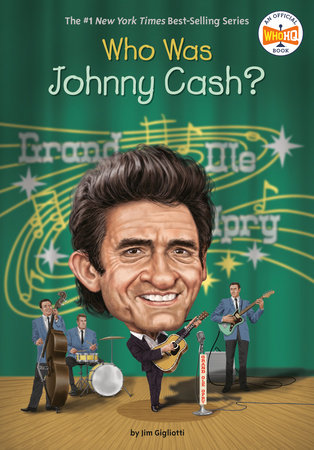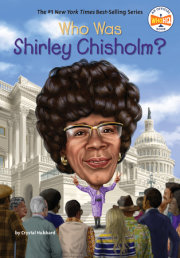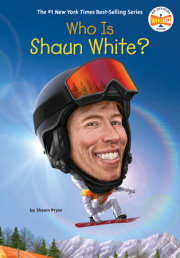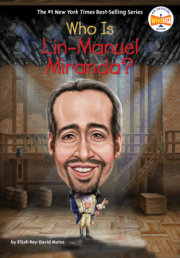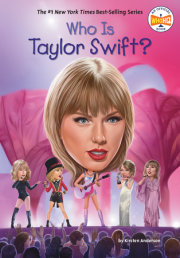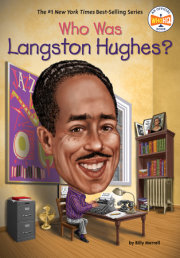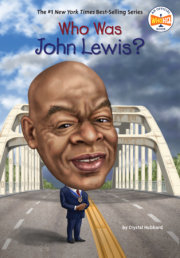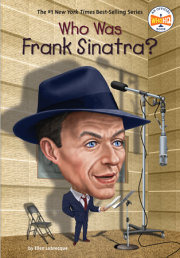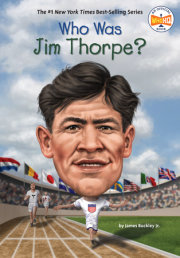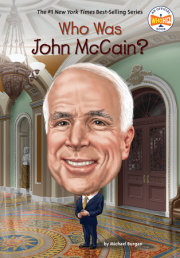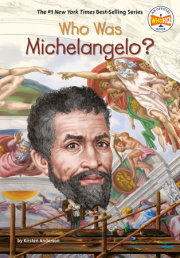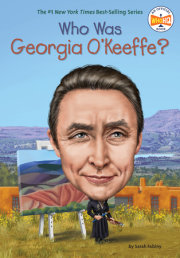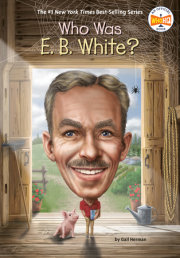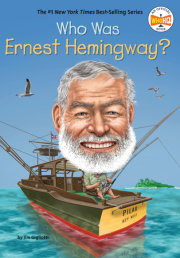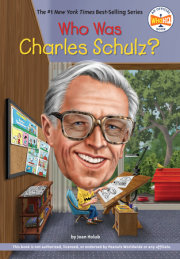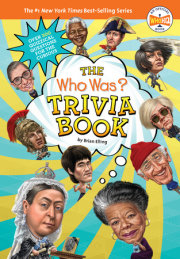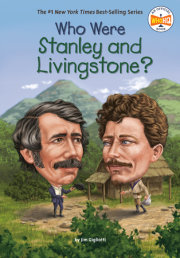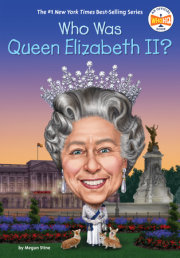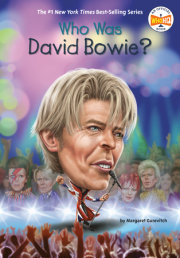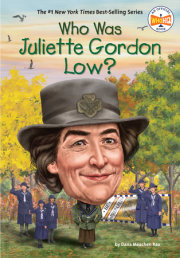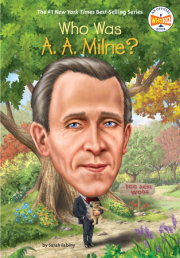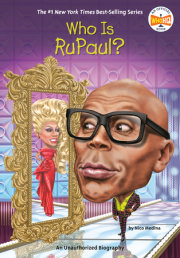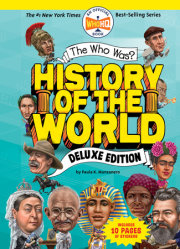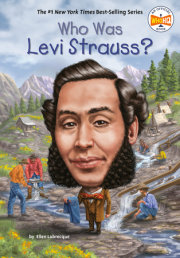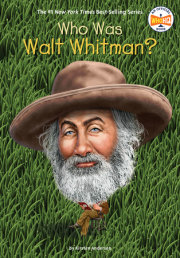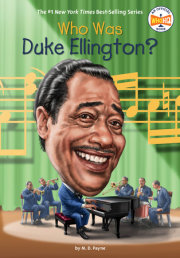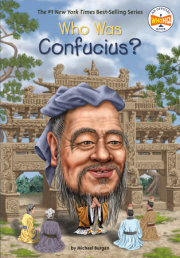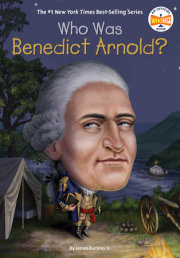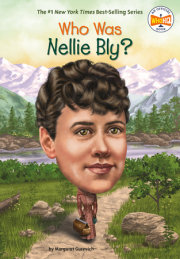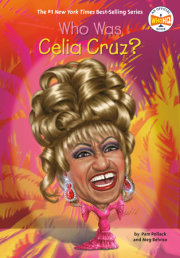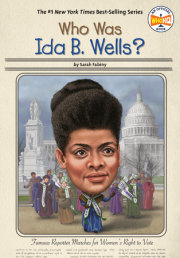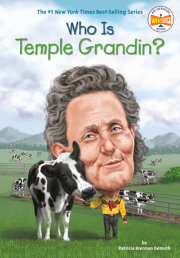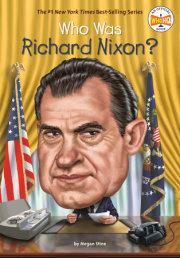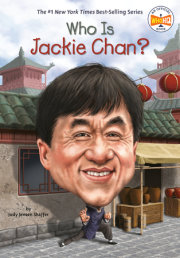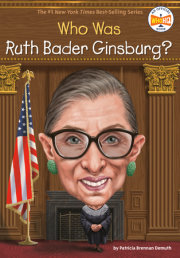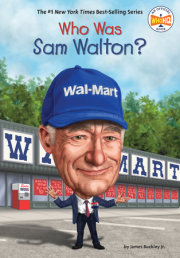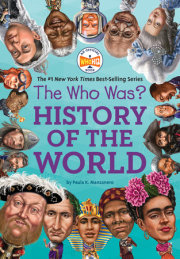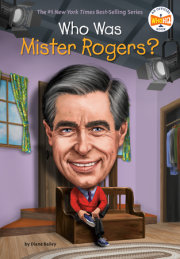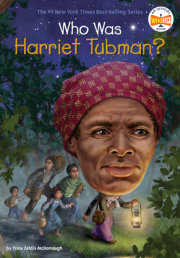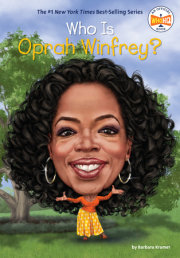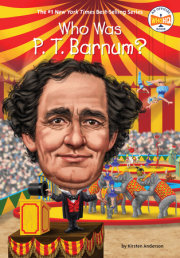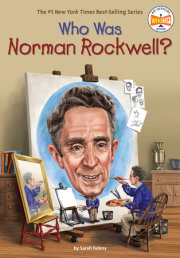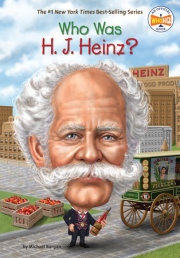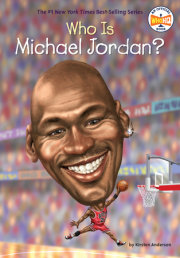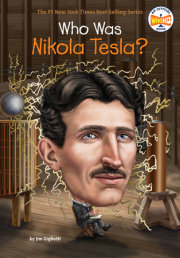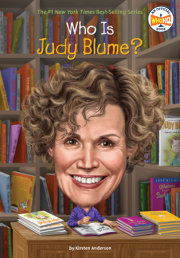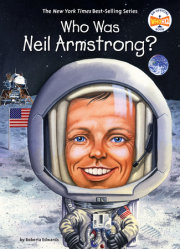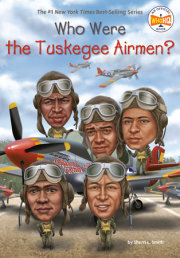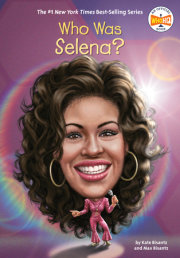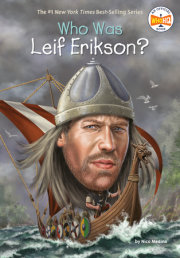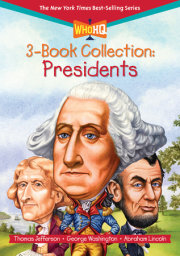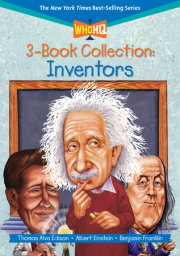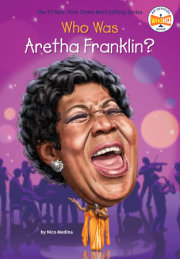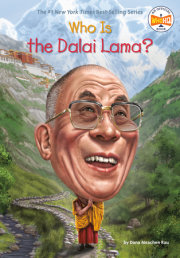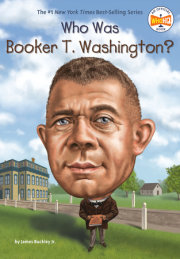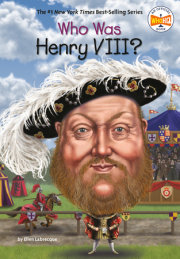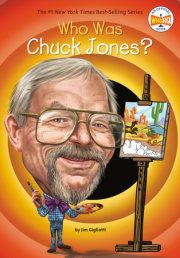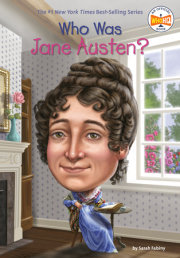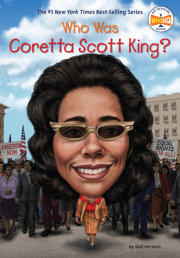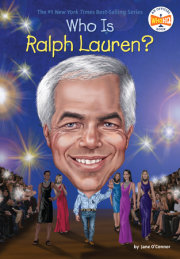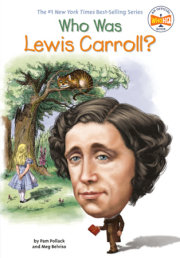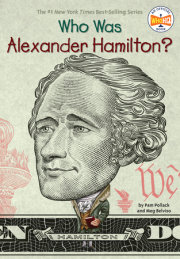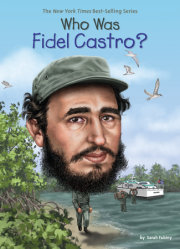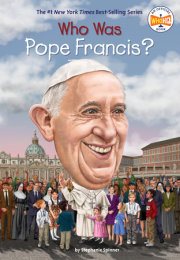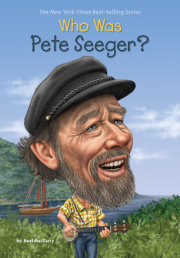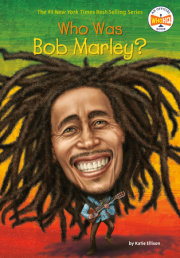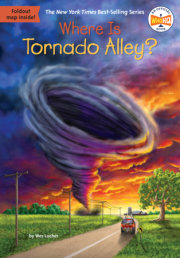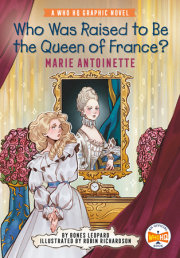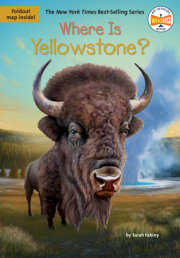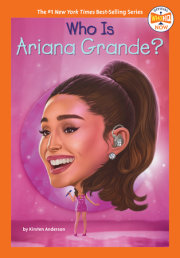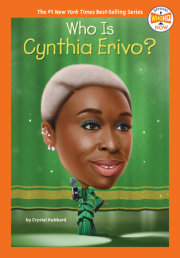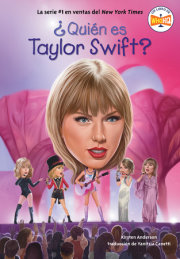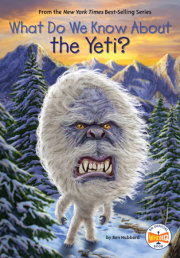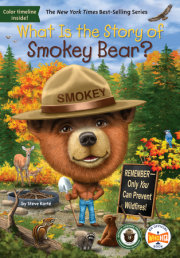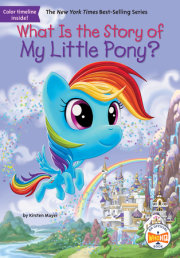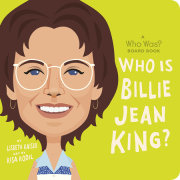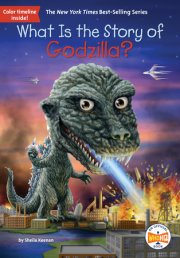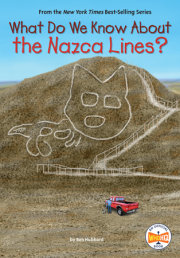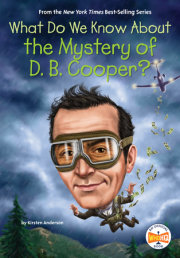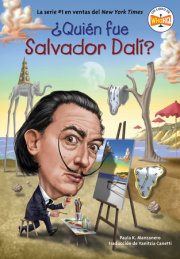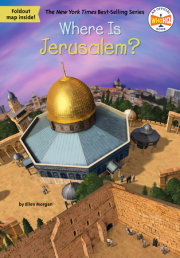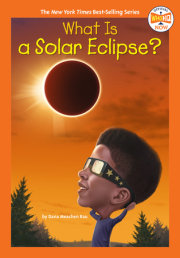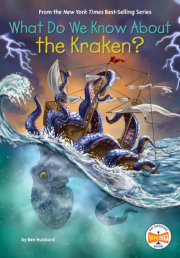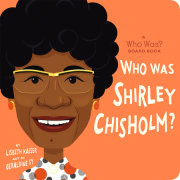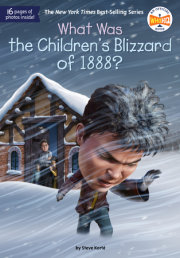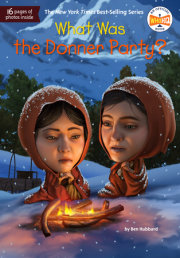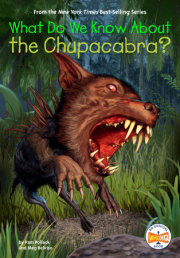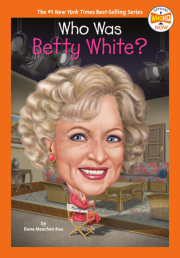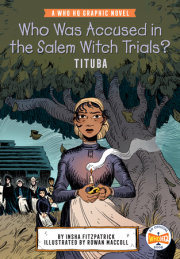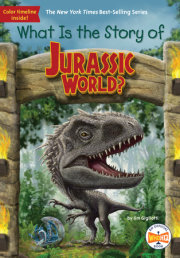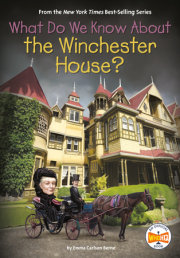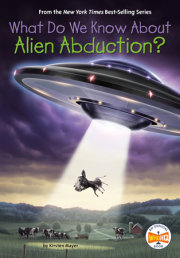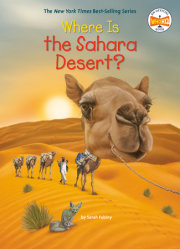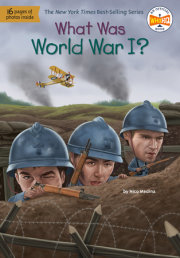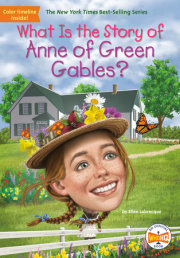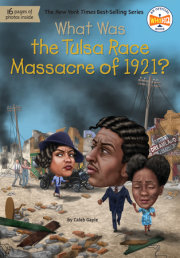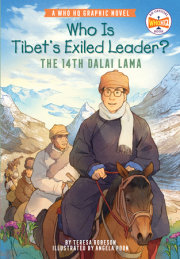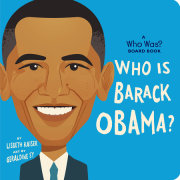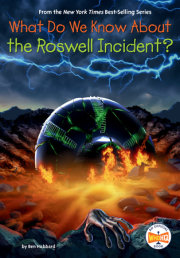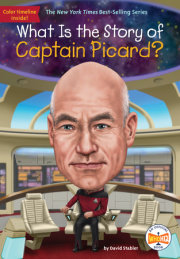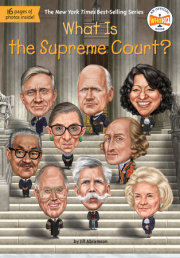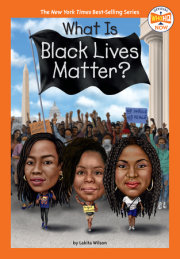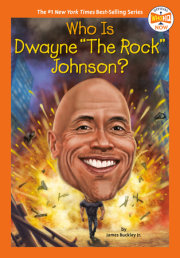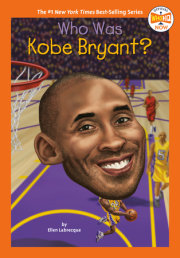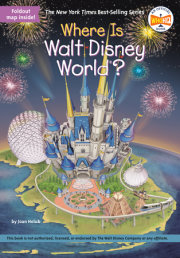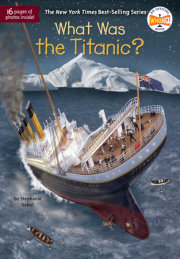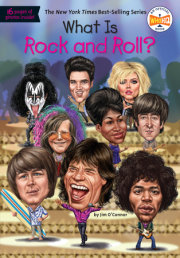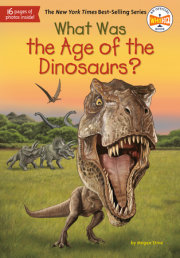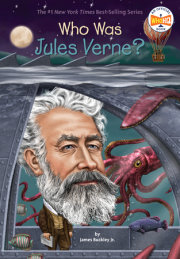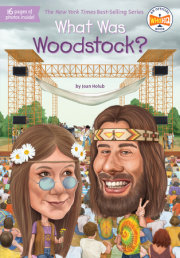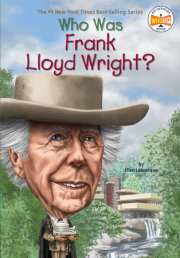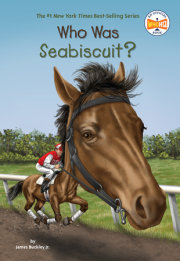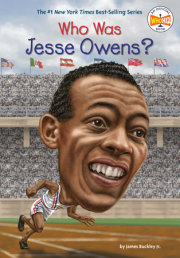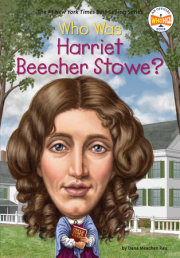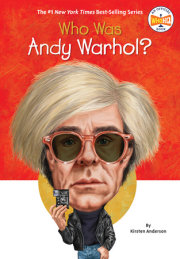Who Was Johnny Cash? J.R. Cash burst through the back door of the family’s house in Dyess, Arkansas, one day in 1947. As usual, he was singing.
J.R. was fifteen years old at the time. His mom, Carrie, was at the kitchen stove. She had her back to him. “Who was that?” she said.
Carrie knew perfectly well who it was. She had heard J.R. singing along with his brothers and sisters many times before while the entire family picked cotton during long, hot days in the fields. But she also knew that on this day something was different. J.R.’s voice was deeper. It was richer. It was stronger. This was a voice she had not heard before.
J.R.’s voice was changing. Like many teenage boys, J.R.’s voice was beginning to sound different. “You sound exactly like my daddy,” Carrie said. Her father, J.R.’s grandfather, had been known for many miles around for his singing.
Carrie told J.R. his voice was a gift. “God has his hand on you, son,” she said. “Don’t ever forget the gift.” That voice was indeed a gift, and it would help him build a long and successful music career. J.R. would grow up to be known as Johnny Cash, and go on to sell more than ninety million albums around the world.
Johnny’s music is most often considered country, which is sometimes called country and western. But he also sang many other different types of music, including songs that featured the sounds of gospel, blues, folk, and rock. He appealed to so many different music fans that he has been inducted into the Country Music Hall of Fame, the Rock and Roll Hall of Fame, and the Gospel Music Hall of Fame.
And he never forgot that his voice was a gift. He used it to speak out, in words and in song, on behalf of Native Americans, poor people, prison inmates, and others. Johnny saw the struggles of people and wanted to help. Maybe that’s because he had so many of his own struggles over the years. He had grown up in a poor family in rural Arkansas. And even after he became famous, he worked to overcome a personal battle with drugs to build a lasting career. Many of Johnny’s most famous songs are about the themes of struggle, recovery, and overcoming hardship.
His appeal to many different audiences, his commitment to social justice, and his dedication to using his gift to help others made Johnny Cash one of the most important artists in music history.
Chapter 1: The Promised Land Johnny Cash was born on February 26, 1932, in Kingsland, Arkansas, a small town of only several hundred people. His mother, Carrie, wanted to name him John. His father, Ray, wanted to name him Ray. When they couldn’t agree, they settled on simply the initials “J.R.” Johnny was called J.R. throughout his childhood.
Johnny was the fourth of Carrie and Ray’s seven children. He had two older brothers, Roy and Jack, and an older sister, Louise. Two more girls, Reba and Joanne, and another boy, Tommy, came later.
The United States was in the midst of the Great Depression when Johnny was born. Many people were out of work. Life was difficult, including at the Cash house. In Kingsland, Johnny’s dad did whatever work he could find wherever he could find it. That might mean walking several miles in the morning to pick crops or to work construction jobs, then walking several miles back in the evening with $1.50 or so to show for a full day’s work.
Carrie did the best she could, but raising a family at that time was not easy. The house had no indoor running water or electricity. It didn’t even have windows! To keep out the winter weather, Carrie would hang blankets or burlap sacks over the open spaces where windows should have been. The entire house shook whenever a train went by on the nearby railroad tracks.
Johnny was still a toddler when his father heard a report on the radio about the government building a new community that would be called Dyess (say: DIE--iss), Arkansas, about two hundred miles northeast of Kingsland. Ray jumped at the chance to apply to live there. He joined thousands of other applicants in Arkansas. The Cash family was one of about six hundred families selected to participate in a program that was part of the US government’s New Deal.
Each family that was in the Work Projects Administration program received at least twenty acres of land with a house and a barn. They also received a mule to help them work the land, and enough money to get them going on the first year’s crops.
The families had to pay back the government with money they earned from selling those crops. And before they could plant anything, they had to clear the land and make it suitable for farming. Doing that would take a lot of hard work.
And so, one day in March 1935, Ray and Carrie Cash, and their five children at the time, including three--year--old Johnny, squeezed into a flatbed truck along with everything they owned, which wasn’t much.
Johnny rode with Roy and Jack in the open back end of the truck. His mother rode with Louise and one--year--old Reba up front with his dad. Over two long days, the boys bumped up and down in the back as the truck drove over potholes in the muddy roads toward Dyess. At night, they tried to sleep under the cover of a tarp that protected them from the bitter cold and rain.
To pass the time and keep her children calm, Carrie sang gospel hymns such as “I Am Bound for the Promised Land.” That’s the first song Johnny remembered hearing ever. And, he said many years later, it really was like they were bound for the promised land.
What the Cashes found in Dyess seemed simply amazing. Instead of blankets covering the window openings, like their house in Kingsland had, the house had glass windows. Instead of old peeling paint, the house in Dyess had a fresh coat of white paint with a green--shingled roof. And instead of land tired and worn from planting crops year after year, it had rich and fertile soil.
The Dyess house had no electricity or running water, but for the Cash family, it seemed like heaven. It had “luxuries untold,” Johnny would later write, including two bedrooms for the family members to sleep in, a front porch and a back porch, and an outside toilet, called an outhouse.
Still, there was much work to be done. The fields surrounding the house were overgrown with trees and weeds and vines, tangled and thick. They all had to be cleared before the first crops could be planted.
Johnny’s father and oldest brother, Roy, worked from dawn until dusk six days a week. They cleared three acres that first spring and planted their first cottonseeds. By the following spring, a large cotton crop helped the family start paying back the US government for its new home.
Copyright © 2022 by Jim Gigliotti. All rights reserved. No part of this excerpt may be reproduced or reprinted without permission in writing from the publisher.




